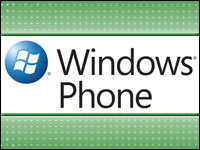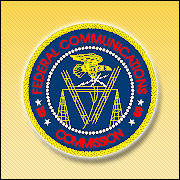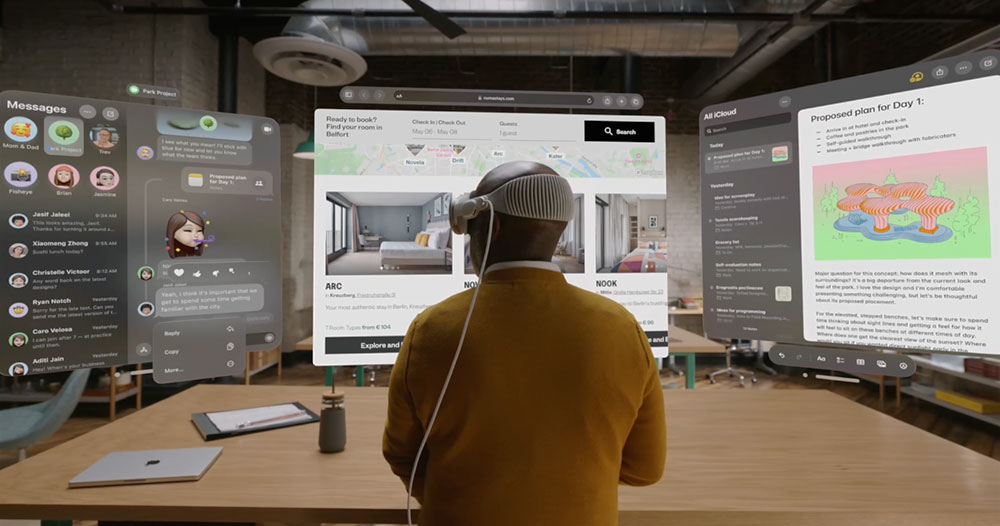
ComScore’s latest tally of smartphone operating system market shares in the U.S. showed Research In Motion’s BlackBerry OS continues to hold a dominating lead in the smartphone arena with a 39.3 percent market share for the May-July period. However, that represents a slip of 1.8 percent since April.
Apple’s iOS owns the No. 2 spot, claiming 23.8 percent of the market, but it also saw a decline from April — 1.3 percent — despite the launch of the iPhone 4.
The big story in the ComScore report is the third-place OS — Google’s open source Android, which is fast gaining ground — up 5 percent to 17 percent.
Microsoft came in fourth, with 11.8 percent — a drop of 2.2 points, and HP’s Palm webOS held onto its 4.9 percent share.
As for the world leader — Nokia’s Symbian OS — it didn’t even make the top five.
In the same report, ComScore included a rundown of handset manufacturer stats, showing that Nokia’s measly 8.1 percent U.S. share in April had slipped to 7.8 percent in July.
It now appears Nokia is bent on doing something about that.
The Pain of Change
Nokia is indeed signaling a significant change in direction. Bringing Microsoft executive Stephen Elop in as CEO suggests the company is finally getting serious about the North American market. That was reinforced when the head of the company’s smartphone division, Anssi Vanjoki, announced his resignation — and shortly thereafter, Chairman Jorma Ollila said he would be leaving in 2012.
Change always brings pain, said Yankee Group analyst Carl Howe. “Any time you choose a strategy, you alienate some people.”
It’s likely, then, that Nokia will lose even more ground in the U.S. before it turns things around.
“They’re going to be more unpopular before becoming more popular,” Howe predicted.
Just what Nokia will have to do to become more popular is a subject of rampant speculation.
Amazing Hardware
Nokia has a massive installed base worldwide, but it hasn’t been able to show any leadership in software, which is a big problem in the high end of the market, the domain of smartphones. The popularity of the iPhone and its competitors hinges on a snazzy user interface and wide-ranging functionality with add-ons in the form of apps.
Nokia’s hardware is “amazing,” Howe told the E-Commerce Times.
The best thing the company could do at this point is to “invest in a serious way in software,” he noted.
The problem, of course, is charting that software course.
Nokia’s Symbian OS is not familiar in the U.S. market, and it needs some serious improvement in usability and its user interface, according to Josh Martin, senior analyst with Strategy Analytics.
So, should Nokia just go with the OS that has the most momentum right now — Google’s Android?
That path would put it in the situation of other manufacturers that are adopting Android and having a hard time finding other ways to differentiate themselves, Martin told the E-Commerce Times.
While manufacturers can churn out great hardware, it is the operating system that in many ways defines a smartphone, and a growing number of manufacturers are risking inability to establish market differentiation by lumping themselves under the Android banner, he said.
Many users have no idea who makes the smartphone they use; it is software that sells the smartphone.
It’s About Leadership
If not Android, then what? Could Windows Phone 7 be a contender?
“I don’t think they’ll succeed through ongoing partnerships,” Howe said, suggesting that a Windows-based Nokia smartphone probably is not in the cards.
Differentiation will be key, he stressed. That differentiation may not come in the form of a different operating system, though.
Whichever software path the company picks, it must “pick a strategy and stick to it,” Howe said, pointing out that the company has scattered itself and perhaps is spreading itself too thin.
In some ways, the software challenges will be easier to surmount than the organizational ones, he remarked. Nokia faces “a challenge of leadership much more than a challenge of technology.”






















































Social Media
See all Social Media